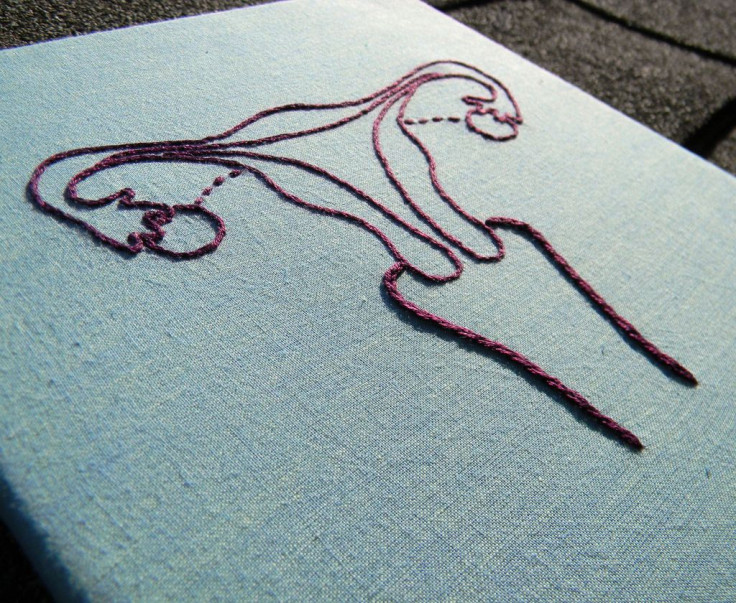$40 ‘Smart Tampon’ Helps Detect Cervical Cancer Early
A technologically advanced tampon capable of detecting cervical cancer early is in the works.
The “smart tampon” utilizes artificial intelligence and analyzes data for the screening process that will ultimately notify the user if they need to see a doctor for a Pap smear.
The device could be the next big thing in cervical cancer screening, and its inventors are looking at selling it for only $40 to $60, according to WBAL-TV.
However, the smart tampon is still just a concept. The Johns Hopkins University graduates responsible for this idea are Haley Hoaglund and Madeline Howard.
The goal is to curb cervical cancer cases by providing women a means to detect the condition early before it progresses with the help of the tampon-shaped device.
Women are encouraged to undergo a Pap smear every three years to screen for cancer. The process involves collecting cells from the cervix for observation in the laboratory. Early detection of abnormal cells is the first step in halting the possible development of cervical cancer, as per the Mayo Clinic.
However, many women fail to have a Pap test for personal reasons, leading to several cervical cancer cases being undiagnosed.
“The first thing that we thought about, being women, was what do we hate about health care, and that’s our Pap smears. We came up with this idea for a smart tampon that is able to screen for cervical cancer in the comfort of your own home,” Hoaglund told the outlet.
“We’re also intentional about calling it a tampon, knowing it’s not going to serve as any other tampon, right? But it’s in an attempt to allow for that easy understanding of what it would look like — the size, the shape, right?” Howard added.
The sensor and diagnostic tool will serve as preliminary screening. The proponents hope that with this technology, they can slowly eliminate the barriers to care when it comes to getting a Pap smear.
Hoaglund and Howard are aware that some women may have deeply emotional reasons for avoiding the screenings. Those who have been sexually assaulted may still have traumas and developed a fear of screening procedures.
Hoaglund said that with the smart tampon, women wouldn’t have to worry since they can perform the screening procedure within the confines of their homes.
“There are a lot of people who have been sexually assaulted or violated, and you have a lot of traumas associated with these types of procedures. So, being able to provide someone that comfort and the sanctity of doing this procedure in their own home is also just a huge value-add,” she said.
After conceptualizing the device, the two are now looking for investors to make the smart tampon a reality.
Every year, the U.S. records about 13,000 new cases of cervical cancer and around 4,000 deaths due to the condition. Hispanic women have the highest risk of cervical cancer, followed by Black women, according to the Centers for Disease Control and Prevention.




























